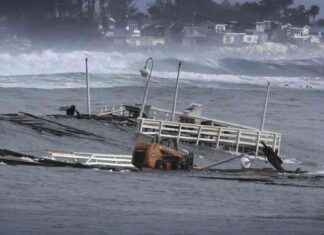Kazakhstan is considering building a nuclear power plant to tackle energy and environmental issues. The President, Kassym-Jomart Tokayev, announced a referendum to make this decision, emphasizing the need to diversify energy sources for economic growth. The public is divided on the issue, with some supporting nuclear power for energy independence and others worried about safety and environmental impact.
The choice of a construction partner, which could potentially be Russia’s Rosatom, has raised concerns about safety, sovereignty, and geopolitical risks. Some experts believe that awarding the contract to Rosatom could compromise Kazakhstan’s foreign policy of multi-vectorism, where the country balances relations with global and regional powers.
While some believe that a Russian-built reactor could increase dependence on Russia for production technologies and fuel, others are concerned about geopolitical risks. The possibility of being caught between global powers like the United States, the European Union, and Russia is a cause for worry. However, the director of the Kazakhstan Nuclear Power Plant company reassured that the uranium needed for the plant would be domestically sourced, limiting Russia’s influence once the plant is operational.
Public opinion in Kazakhstan seems to be against Rosatom’s involvement in the nuclear power plant project, with concerns stemming from past nuclear disasters and safety issues. Despite this, the Ministry of Energy has been conducting a campaign to sway public opinion in favor of nuclear energy, with a recent poll showing that 47% of respondents support the construction of a nuclear plant.
It is essential to note that nuclear energy, while seen as a quick fix to existing energy problems in Kazakhstan, comes with risks. Nuclear power plants produce hazardous waste, and in the event of an accident, there is a potential threat to strategic water bodies like Lake Balkhash. The referendum on the nuclear power plant is seen by some skeptics as a way for authorities to shift responsibility to the public in case of any mishaps.
Overall, the debate over the public vote on the nuclear power plant in Kazakhstan highlights the complexity of balancing energy needs, environmental concerns, and geopolitical risks. The decision on whether to proceed with the construction of a nuclear power plant will have long-term implications for Kazakhstan’s energy future and its relationships with global powers.







